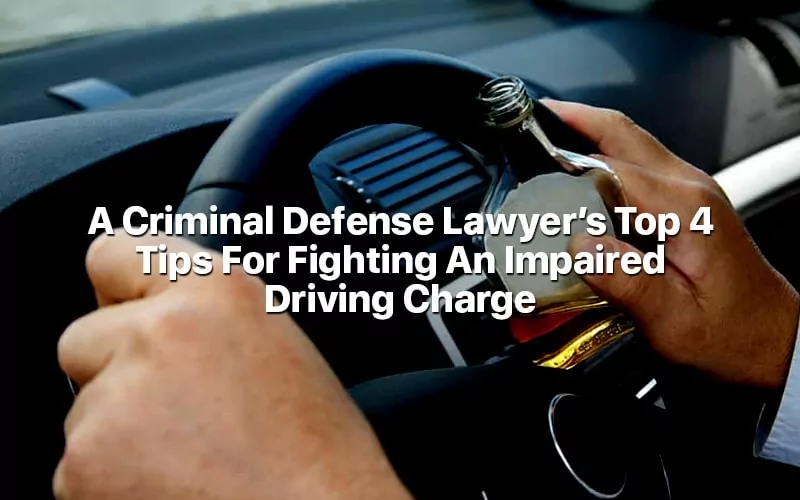Every driving offense lawyer is often subjected to answer the same question: “How can you defend a person if you know he is guilty?”. The answer is offered in Constitution, which establishes that all people – whether innocent, guilty, or half-pensioners – have the fundamental right with the assistance of lawyers, to use the relevant means of proof for their defense. It is to declare against themselves, to confess guilt and the presumption of innocence. And the impaired driving lawyer is the person in charge of guaranteeing that whoever is subjected to a criminal procedure can exercise that fundamental right. The State of Law is in knowing that when someone is convicted, it is done after a fair trial with due guarantees of the power of defense.
A criminal defense lawyer divides
the accused into “innocent and guilty” which is as simplistic as
dividing people into “good and bad”: there is a rich grayscale, also
among those who sit on the bench of the accused. But how to defend a client
who, not only is guilty but also has evidence of charge. Here are top 4 tips
shared by the defense criminal lawyer fighting an impaired driving charge.
Well, here are possible strategies:
1. Study The Prescription
The prescription is always the
first thing to check (whether or not the client is guilty) to assume a new
defense. Many times, due to the complexity of the investigation, the delay of
the victim in reporting, or the sluggishness of the court in question, the time
elapsed from the commission of the crime until the proceeding is directed
against the culprit exceeds, is suffice to claim the prescription to save our
client from the dreaded sentence.
2. Request The Nullity Of The Evidence Of Charge
Sometimes, those tests that we
believe demolish against our client have been obtained by illicit means or with
violation of fundamental rights. It is the evidence collected that will not
take effect, directly or indirectly, violating fundamental rights or
freedoms.” The nullity of the evidence can be requested at various stages
of the process: when the secrecy of the summary is lifted, during the
investigation, as a preliminary question at the beginning of the oral trial, in
the appeal or cassation. And do not be discouraged if the first, it is
dismissed. If we understand that there is a nullity, let us reiterate it in
each phase of the procedure until the end.
3. Mediation And Negotiation
Sometimes the client who has
committed a crime is not yet imputed, but he comes to us because he has
received a burofax from the victim warning him of criminal actions. In these
cases, the lawyer must use his negotiating skills and his conviction capacity
to avoid the client a criminal procedure. On the one hand, to reach a fair
agreement with the opposing party (that if he has indeed suffered a crime he
has the right to be compensated) that avoids the filing of a complaint, and on
the other, to convince our client that – a good agreement is better than the
possibility of ending up in prison. Defending the client’s interests often
begins by assuring the obfuscated client of what his benefits are.
4. Be Realistic And Not Blind With An Impossible Absolution
A typical vice in lawyers is to
lose perspective, get carried away by excessive optimism, and convince the
client that their case is won when it is not. The lawyer must calmly assess the
matter entrusted to him (the proof of charge and defense, the applicable case
law), and if there are real possibilities of obtaining an acquittal, leave the
foot.
In that case, it may be advisable to
immediately go to the Court of Justice to present a document confessing the
crime. The best professional is one who understands your concerns and will
advise you based on your interests. A trusted lawyer will not put your
interests before yours. He will be loyal and will fight to the maximum so that
you get the best compensation.
